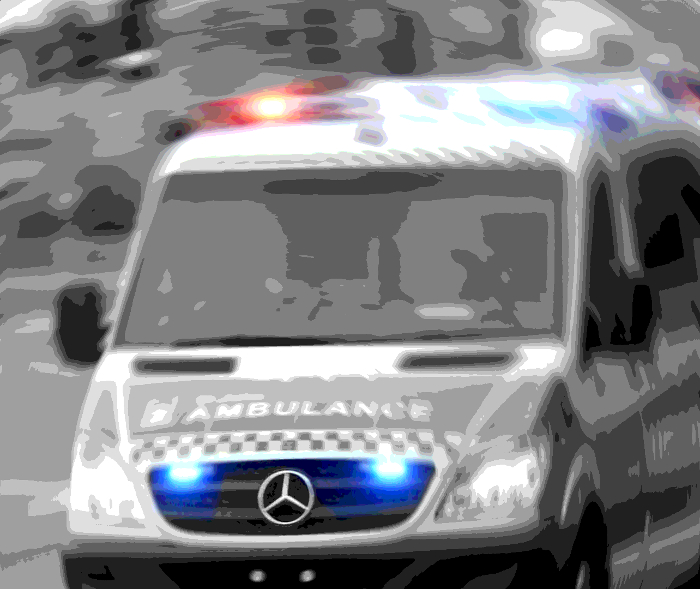Health workers' health watched
 Researchers are focusing on paramedics and other health workers’ own health and wellbeing during COVID-19.
Researchers are focusing on paramedics and other health workers’ own health and wellbeing during COVID-19.
Australia’s paramedics attend more than 1.3 million call-outs each year, of which 20 per cent are mental health issues related most commonly to anxiety, depression, drug and alcohol and/or psychosis.
As COVID-19 dominates the health system, paramedics and other health workers’ own health and wellbeing is in the spotlight.
New research highlights the interaction between workplace culture and the demands of the front-line job responding to critical incidents.
It finds that stress, anxiety and even PTSD can result from work pressures on paramedics, ambulance officers, ambulance volunteers, and also emergency call-takers.
Time constraints and workplace organisational and legislative requirements add additional pressures, the researchers say.
“This culture includes day-to-day managerial actions and responses, but also the impact of shift work, poorly managed rosters, and long hours of work with little time between for recovery,” the study states.
“Coupled with work-flow issues are the negative consequences of new productivity and efficiency targets, now part of many ambulance services that require the job to be done within particular time limits.”
“There is sufficient evidence to suggest that these forces are detrimental to the mental and physical health and wellbeing of ambulance personnel,” says Flinders University’s Professor Sharon Lawn.







 Print
Print